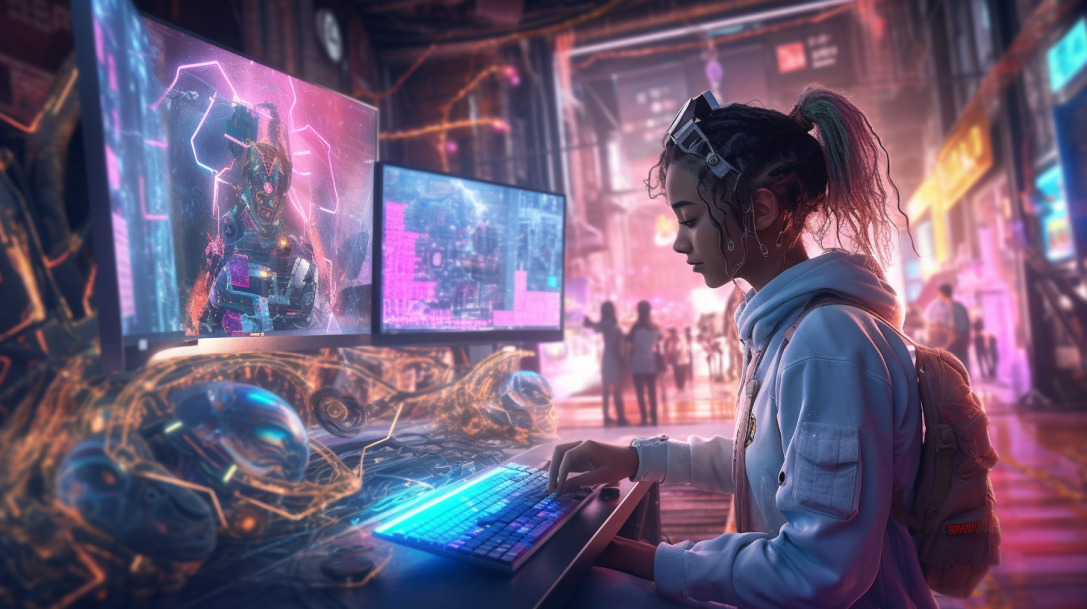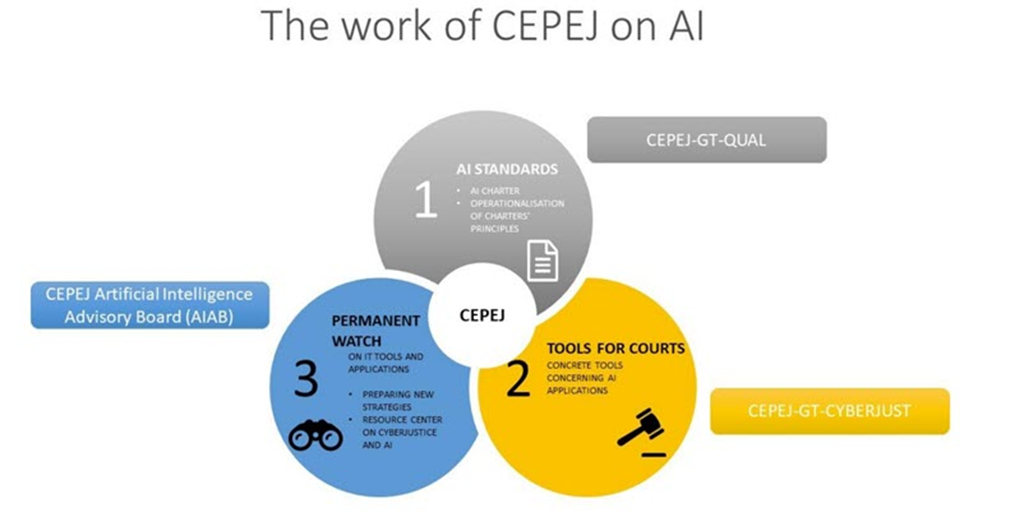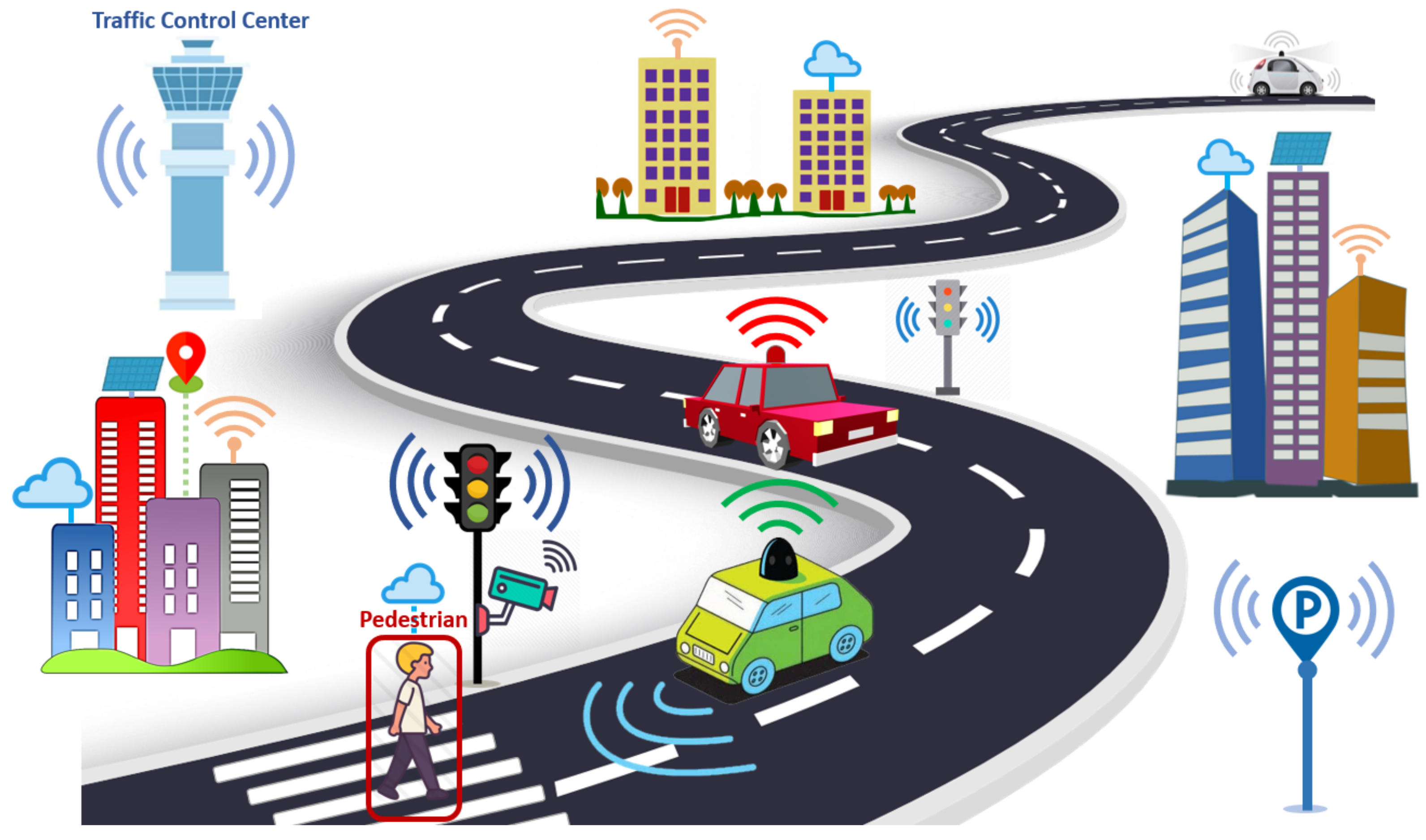Video games have come a long way from their pixelated beginnings. Today, they offer immersive, lifelike experiences that are thanks in no small part to the advancements in Artificial Intelligence (AI). In this blog post, we’ll explore how AI is shaping the gaming industry, from creating realistic worlds to giving us intelligent Non-Playable Characters (NPCs).
The Evolution of AI in Gaming
From the early days of Pong and Pac-Man to the expansive worlds of Skyrim and Cyberpunk 2077, the gaming industry has transformed into a powerhouse of innovation. While graphics and storytelling have played pivotal roles, it’s the infusion of Artificial Intelligence that has breathed life into these virtual realms.
- Intelligent NPCs: Your Digital Companions
Non-Playable Characters (NPCs) have evolved from simple, scripted entities to complex, autonomous beings with AI-driven behaviors. They no longer just stand around waiting for you to interact; they have their own agendas, emotions, and responses to the game’s world and your actions.
Imagine a fantasy RPG where the NPCs remember your character’s deeds and react accordingly. If you saved a village from marauding orcs, the townsfolk would treat you as a hero, offering discounts or even joining your cause. Conversely, if you’ve been a menace, they might fear you or even band together to thwart your plans. This level of dynamic interaction is made possible by AI algorithms that analyze your in-game choices and adapt the story and NPCs accordingly.
- Procedural Content Generation: Endless Worlds to Explore
Procedural Content Generation (PCG) is another AI-driven innovation that has revolutionized game development. Instead of manually designing every inch of a game world, developers can use algorithms to create vast, open landscapes, intricate dungeons, or even entire planets.
Games like Minecraft and No Man’s Sky utilize PCG to generate an almost infinite variety of landscapes, creatures, and structures. This not only reduces the workload for developers but also offers players the thrill of exploring new and unique worlds with every playthrough.
- Adaptive Gameplay: Tailoring Challenges to You
AI-driven adaptive gameplay is all about ensuring that your gaming experience remains engaging and challenging. It’s the technology that adjusts difficulty levels on the fly based on your skills and progress. If you’re breezing through a game, the AI might throw tougher enemies or puzzles your way. Conversely, if you’re struggling, it might offer hints or reduce the difficulty to prevent frustration.
This technology is particularly valuable in ensuring that players of all skill levels can enjoy a game. No one likes to feel overwhelmed or bored, and AI helps strike that perfect balance.
- Realistic Animation and Physics: A Seamless Virtual World
The lifelike animations and physics simulations in modern games owe much to AI. Characters move with fluidity, responding realistically to their environment. Whether it’s the way a character’s clothes sway in the wind, the ripples in the water, or the debris flying during an explosion, AI algorithms make it all feel genuine.
Physics engines, powered by AI, calculate how objects interact with each other and the environment. This not only enhances immersion but also plays a crucial role in the gameplay itself. Shoot a barrel in a game, and the AI-driven physics engine determines how it explodes and affects nearby objects.
AI in Game Design and Development
AI isn’t just a tool for in-game experiences; it’s also a driving force in game design and development. Here’s how AI influences various aspects of the gaming industry:
- Testing and Quality Assurance: AI-driven testing tools help identify bugs and glitches in massive, open-world games more efficiently than manual testing. This speeds up development and ensures a smoother player experience.
- Personalized Gaming Experiences: AI algorithms analyze player behavior and preferences to offer personalized recommendations for games, characters, or in-game purchases. This enhances player engagement and can increase revenue for game developers.
- Natural Language Processing (NLP): Voice-activated gaming and chatbots that interact with players in natural language are becoming more prevalent. NLP-powered AI understands and responds to player voice commands, making games more accessible and immersive.
- Player Behavior Analysis: Game developers use AI to analyze player data, helping them understand how players engage with their games. This information informs decisions about updates, patches, and future game development.
The Future of AI in Gaming
As technology continues to advance, the future of AI in gaming looks brighter than ever. Here are some exciting developments on the horizon:
- Enhanced Realism: AI will continue to push the boundaries of realism in gaming. Graphics, physics, and character interactions will become even more lifelike, blurring the line between the virtual and real worlds.
- Smarter NPCs: NPCs will evolve to become even more intelligent and emotionally complex. They’ll adapt to player choices in increasingly intricate ways, creating deeper and more immersive narratives.
- AI-Generated Content: Procedural content generation will become more sophisticated, enabling games to offer dynamic and ever-evolving worlds that respond to player actions.
- AI-Designed Games: We might see AI take on a creative role in game development, generating entirely new game concepts, designs, and mechanics based on player preferences and trends.
Closing Thoughts
Artificial Intelligence has transformed gaming from a passive entertainment medium into an interactive, immersive experience. It’s not just about pushing polygons and pixels; it’s about creating digital worlds that feel alive and respond to our actions. As AI technology continues to evolve, we can expect even more astonishing and captivating gaming experiences in the years to come. So, whether you’re a casual gamer or a hardcore enthusiast, the future of gaming looks incredibly exciting, thanks to AI.





